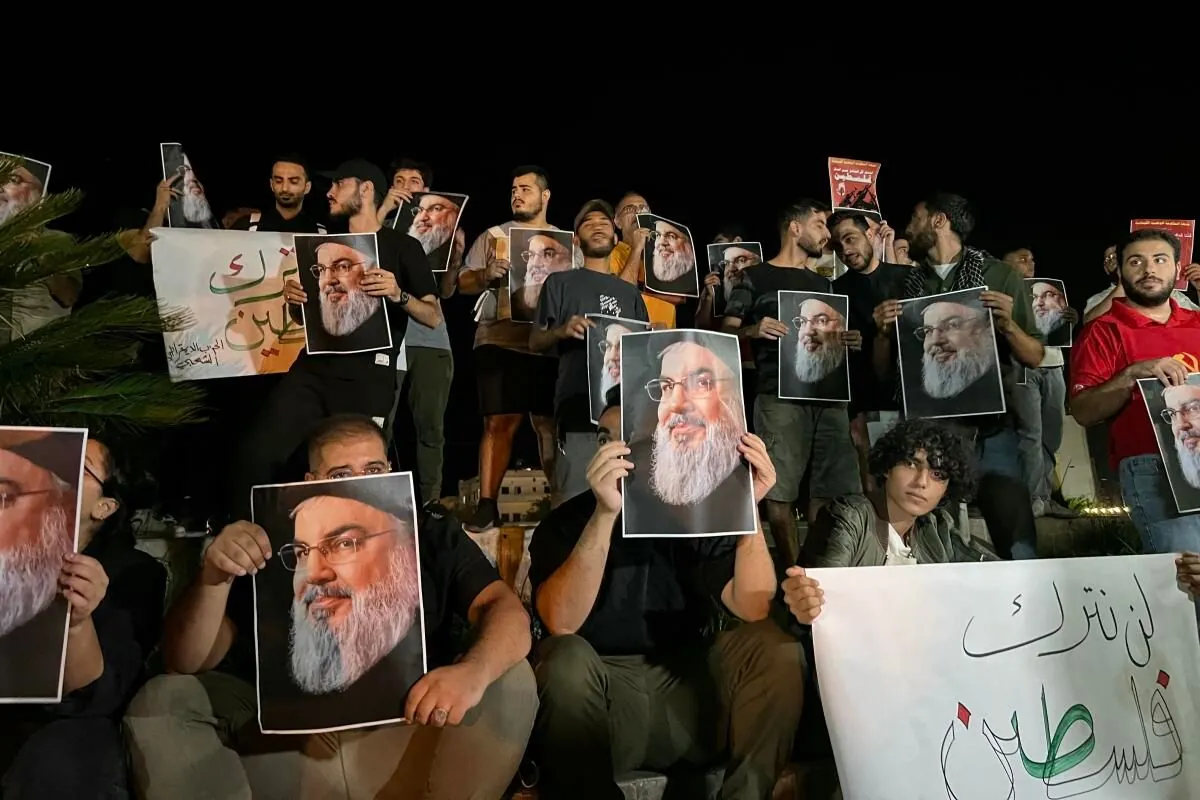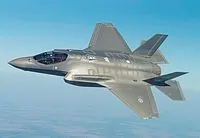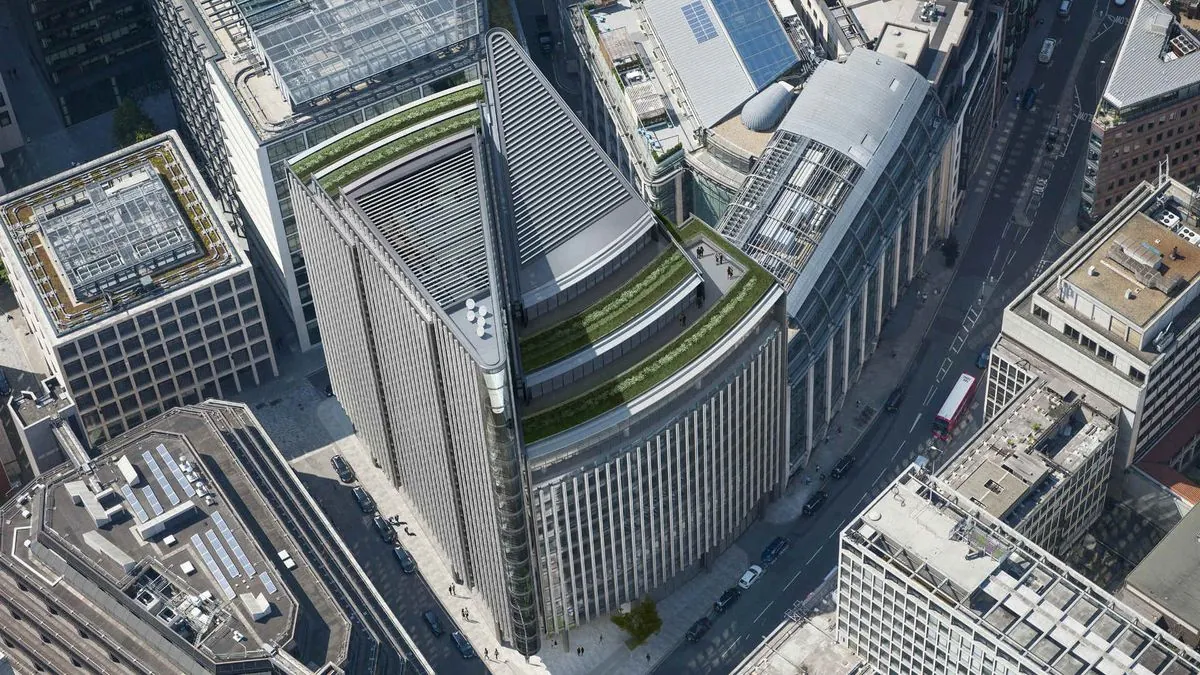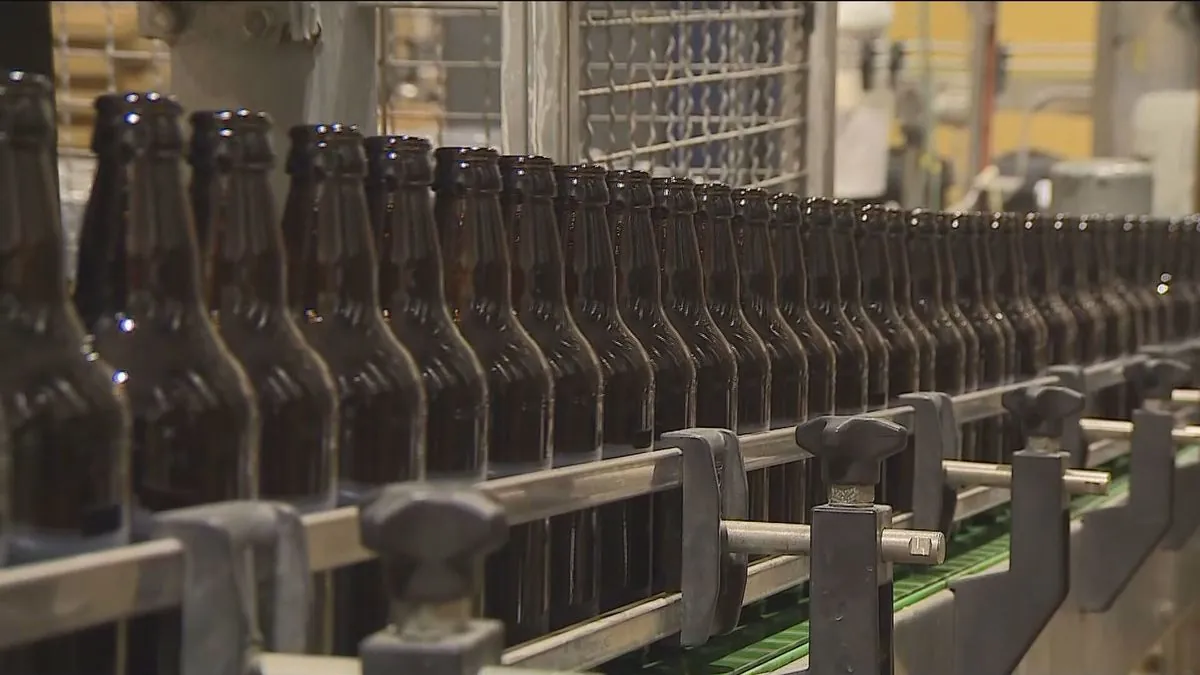Hezbollah Leader's Death Sparks Tensions Amid Israeli Incursion
Hezbollah chief Hassan Nasrallah's body recovered after Israeli airstrike. Lebanon announces national mourning as Israel conducts limited ground operations in southern Lebanon, escalating regional tensions.

The recovery of Hassan Nasrallah's body from an Israeli airstrike site has set the stage for a potentially volatile situation in Lebanon and the broader Middle East. Lebanese Prime Minister Najib Mikati has declared three days of national mourning starting September 30, 2024, despite growing concerns about an Israeli ground invasion.
Lebanese authorities reported that Nasrallah's body was found intact, with his death attributed to blunt trauma. The Hezbollah leader, who had been at the helm of the organization since 1992, was widely respected across various Arab communities, transcending his Shia Muslim background.
The upcoming funeral is expected to draw significant attention across the region and may serve as a rallying point for anti-Israeli sentiments. This event occurs against the backdrop of Lebanon's complex religious and political landscape, which includes 18 recognized sects and a confessional political system established by the 1943 National Pact.

Concerns are mounting about potential sectarian tensions in Lebanon, reminiscent of the devastating civil war that raged from 1975 to 1990, claiming an estimated 120,000 lives. The delicate balance among Shia, Sunni, Druze, Christian, and other communities in Lebanon adds to the precarious situation.
Reports indicate that the subterranean compound where Nasrallah was hiding was destroyed by US-made bunker-busting bombs, each weighing 2000 pounds. This revelation may further strain relations with the United States and potentially endanger US assets and citizens in the region.
Meanwhile, military operations continue on multiple fronts. Israeli airstrikes persist across Lebanon, while Hezbollah launched a barrage of at least 35 rockets at northern Israel. The Israel Defense Forces (IDF) reported impacts in Western Galilee and the Haifa Bay area.
"If someone rises up to kill you, kill him first. There is no place in Iran or the Middle East that the long arm of Israel cannot reach."
In a significant development, Israel has reportedly sent special forces into Southern Lebanon in a "limited" ground incursion. An Israeli official told The Telegraph that these troops are targeting Hezbollah's military infrastructure, including weapons sites and command centers, aiming to push them away from the border.
This operation comes in the wake of the conflict that erupted on October 8, 2023, which has seen the worst violence on the Israel-Lebanon border since the 2006 war. The current situation has led to the displacement of around 200,000 people on both sides of the border.
Israel's actions are partly justified by claims that Hezbollah has been violating UN Security Council Resolution 1701, which ended the 2006 conflict and called for the disarmament of non-state armed groups in southern Lebanon. The resolution also established a demilitarized zone between the UN-delineated withdrawal line and the Litani River, which flows between 3 and 18 miles north of the Israeli border.

As tensions escalate, the international community watches closely, with particular attention on the United States' role in the conflict. Some Israeli sources have expressed frustration with US diplomatic efforts, viewing them as an impediment to necessary military action against Hezbollah.
The situation remains fluid, with the potential for further escalation as Israel seeks to leverage its current advantage following Nasrallah's death. The coming days will be crucial in determining the trajectory of this long-standing conflict and its impact on regional stability.


































